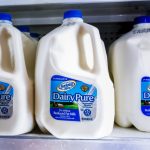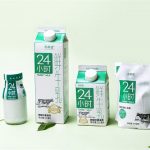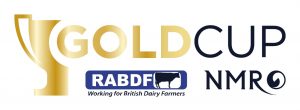
The U.S. Dairy Export Council (USDEC) and the National Milk Producers Federation (NMPF) endorse USTR’s findings that the EU has erected a complex regime of trade barriers that harm opportunities for U.S. exports to Europe. In addition, the EU has aggressively sought to restrict U.S. exports in global markets by weaponizing geographical indications (GIs) protections and blocking the ability of U.S. suppliers to use common names to market cheeses such as fontina, gorgonzola, asiago and feta.
“USTR has rightly taken Europe to task for their destructive and unfair campaign against American-made dairy exports, and in particular the high-quality cheeses produced by the dedicated men and women of the U.S. dairy industry,” said Tom Vilsack, president and CEO of USDEC. “I commend USTR for its recent actions to defend U.S. dairy and successfully negotiate groundbreaking GI provisions in both USMCA and the Phase One deal with China. USTR must continue to build upon this excellent precedent by making it a top priority to secure further commitments from our trade partners in future trade negotiations.”
The Special 301 Report found that “…the EU pressures trading partners to prevent all producers, other than in certain EU regions, from using certain product names, such as fontina, gorgonzola, parmesan, asiago, or feta. This is despite the fact that these terms are the common names for products produced in countries around the world.”
“Rather than trying to compete on a level playing field, Europe has tried to effectively institute a blockade of U.S. dairy,” Jim Mulhern, president and CEO of NMPF. “This is unacceptable and harms America’s dairy industry and the rural communities our farmers and processors support.
“The dairy industry stands in full support of USTR’s efforts to confront EU’s anti-trade and anti-competitive policies and we will continue to proactively press for the full dismantlement of these trade barriers.”























